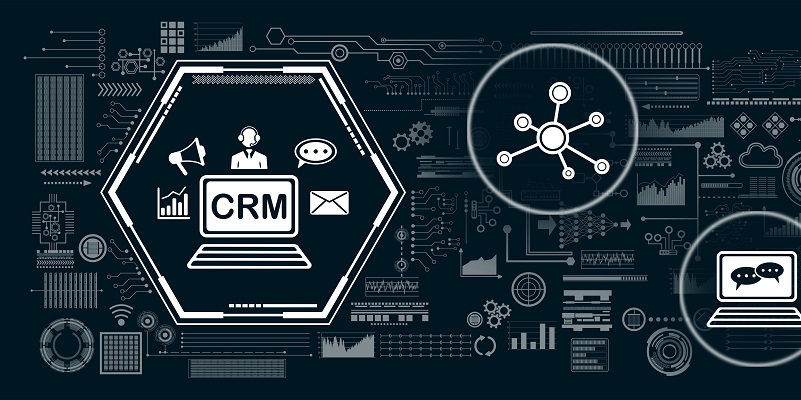In today’s digital world, email marketing is a crucial strategy for businesses to connect with their customers. However, managing contacts, creating personalized content, and tracking metrics can be challenging without the right tools. This is where a Customer Relationship Management (CRM) platform comes in. By integrating email marketing features or seamlessly integrating popular email marketing tools, a CRM can revolutionize your email campaigns. In this article, we will guide you through the process of utilizing a CRM for successful email marketing campaigns.
Selecting a CRM platform
Choosing the right CRM platform is crucial for effective email marketing. Considerations include the availability of email marketing features, ease of integration with popular email marketing tools, and the scalability of the CRM to meet your business needs. Look for CRM platforms that offer seamless integration or built-in email marketing functionality.
Importing and organizing contacts
Once you have selected a CRM platform, the next step is to import your existing contact list. This can be done easily by uploading a CSV file or integrating with other applications like your email marketing tool. Organize your contacts by creating custom tags, segments, or categories based on relevant criteria such as demographics, purchasing behavior, or engagement levels. This will allow you to send targeted and personalized emails to specific groups.
Creating visually appealing email templates
The design and layout of your email templates play a significant role in capturing your recipients’ attention. Most CRM platforms offer email template editors that allow you to customize and create visually appealing templates. Alternatively, you can integrate your CRM with your preferred email marketing tool that provides advanced template design options. Ensure that your templates are mobile-responsive and consistent with your brand’s visual identity.
Segmentation and targeting
Segmentation is a powerful feature offered by CRMs that allows you to divide your contact list into smaller groups based on specific criteria. Take advantage of this capability to target specific customer segments with tailored messages. For example, you can create segments for loyal customers, new leads, or those who have abandoned their shopping carts. By sending targeted emails, you can increase engagement and conversion rates.
Setting up automated email campaigns is a key advantage of using a CRM for email marketing. You can set up automated email campaigns that are triggered by specific actions or events, such as welcoming new subscribers, birthdays, or abandoned carts. This allows you to deliver timely and relevant messages without manual intervention. Automated campaigns save time and ensure consistent communication with your customers.
Personalizing email content
Personalization is critical to capturing your recipients’ attention and driving engagement. Utilize the data stored in your CRM to personalize email content. Address recipients by their names, reference past interactions or purchases, and include personalized recommendations. By tailoring your emails to individual preferences, you can enhance customer satisfaction and ultimately drive more conversions.
Tracking metrics and analytics
Measuring the success of your email campaigns is essential to continuously improve your marketing efforts. CRMs provide reporting and analytics features that allow you to track metrics like open rates, click-through rates, and unsubscribe rates. Analyze these metrics to gain insights into your campaign’s effectiveness and adjust your strategies accordingly. Look for patterns and trends to determine what resonates with your audience.
Integrating with other marketing tools
To maximize the impact of your email marketing efforts, integrate your CRM with other marketing tools. This could include marketing automation platforms, lead capture forms, or social media advertising tools. Integration allows for a seamless data flow between different systems, enabling you to create cohesive marketing campaigns and enhance customer experiences across multiple platforms.
Continuous improvement and refinement
Email marketing is an iterative process, and it’s important to continuously refine and improve your strategies. Leverage the insights and feedback gathered from your CRM to optimize your campaigns. Test different subject lines, email formats, or calls-to-action to understand what resonates best with your audience. Regularly review and update your segmentation criteria to ensure relevance and accuracy.
Using a CRM for email marketing empowers businesses to effectively manage customer relationships, personalize communications, and streamline email campaigns. By integrating email marketing features or seamlessly integrating popular email marketing tools, businesses can leverage the power of automation, personalization, and data-driven insights.
Take the time to select the right CRM platform, import and organize contacts, create visually appealing templates, segment and target specific groups, automate campaigns, personalize content, track metrics, integrate with other tools, and continuously refine your strategies. By harnessing the capabilities of a CRM, you can take your email marketing to new heights and achieve greater success in building lasting customer relationships.

